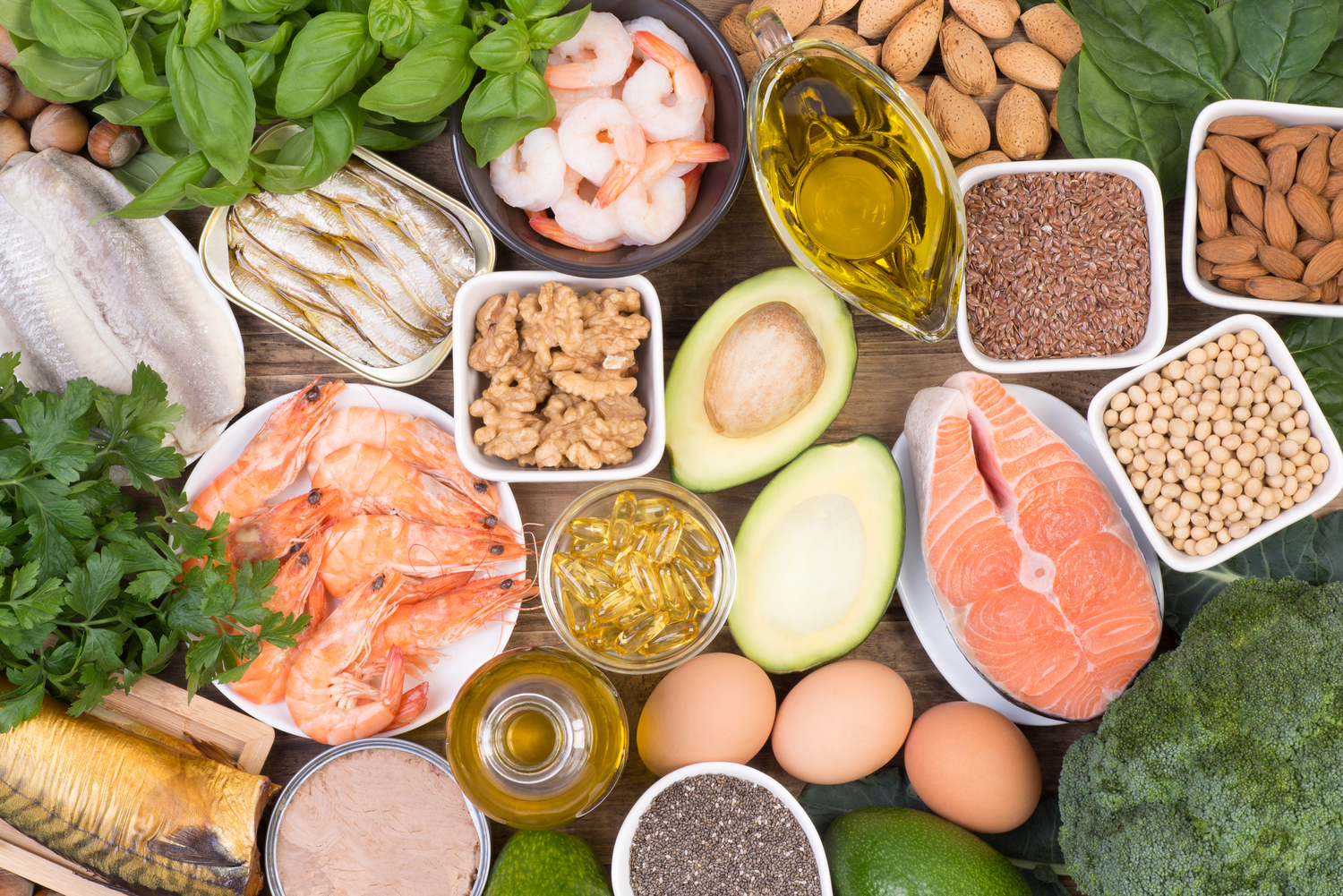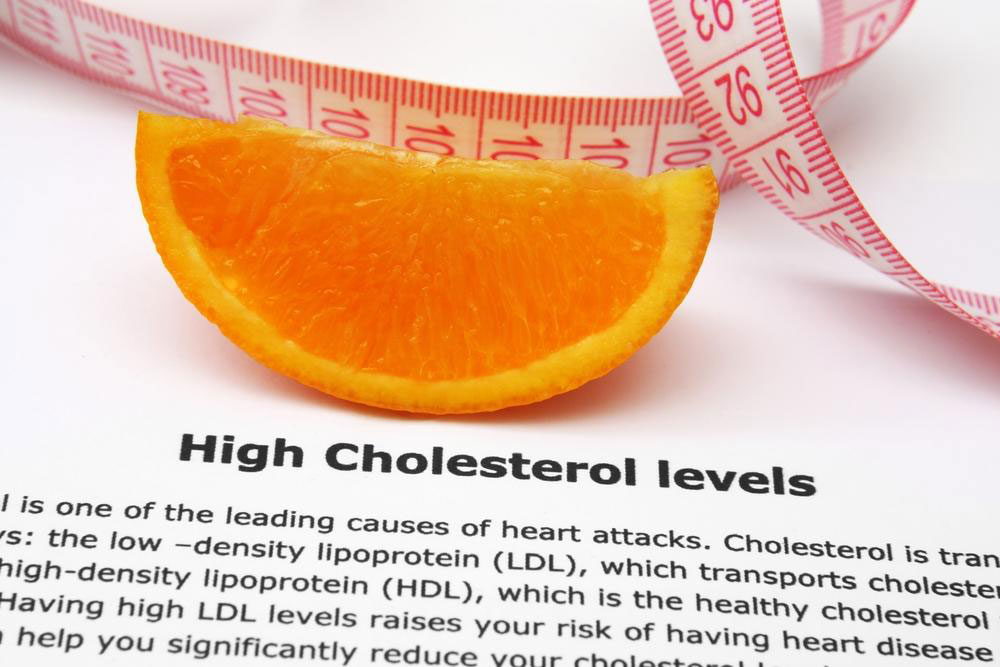Essential Nutritional Strategies for Women During Menopause
This comprehensive guide explores vital nutritional strategies for women navigating menopause. Emphasizing whole grains, fruits, greens, dairy, green tea, omega-3s, soy, lean poultry, eggs, and flaxseeds, the article offers insights for supporting hormonal balance, bone density, heart health, and overall vitality. Proper nutrition during menopause can help reduce symptoms and lower health risks, ensuring women maintain their health and energy in later years.

Essential Nutritional Strategies for Women During Menopause
Menopause marks a significant transition in a woman's life, signaling the end of reproductive years. Typically occurring between the ages of 40 and 50, this natural biological process is characterized by the cessation of menstrual cycles due to hormonal fluctuations, notably a decline in estrogen production. While menopause is a natural phase, it often comes with various physiological changes and health risks, including increased susceptibility to high cholesterol, blood sugar irregularities, osteoporosis, and cardiovascular issues. Therefore, adopting a well-balanced, nutrient-rich diet becomes crucial to support hormonal stability, enhance overall well-being, and reduce the risk of chronic diseases during this phase of life.
Choosing the right foods can significantly impact a woman’s health during menopause. A diet emphasizing specific nutrients helps in managing menopausal symptoms, maintaining bone density, supporting heart health, and boosting energy levels. The following comprehensive guide explores the top nutritional choices that women should incorporate into their daily meals to navigate menopause effectively, maintaining vitality and preventing common health issues associated with this life stage.
Whole Grains: The Foundation of Menopausal Nutrition
Whole grains
Whole grains such as brown rice, oats, quinoa, and barley are powerhouses of fiber, essential vitamins, and minerals. Their high fiber content promotes healthy digestion, stabilizes blood sugar levels, and supports weight management—crucial factors during menopause, when metabolic rates may slow down. Additionally, whole grains are rich in B-vitamins, including folate and thiamine, which aid in energy production and nervous system health. Incorporating whole grains into daily meals provides sustained energy, helps regulate cholesterol, and reduces the risk of heart disease—an important consideration since cardiovascular health may decline post-menopause.
Oatmeal: Heart-Healthy and Nutritious
Oatmeal
Oatmeal is renowned for its ability to lower LDL cholesterol levels effectively. Its soluble fiber content creates a gel-like substance in the gut that binds cholesterol, facilitating its removal from the bloodstream. Regular consumption of oatmeal supports cardiovascular health, which is vital for menopausal women at increased risk of heart disease. Moreover, oatmeal's complex carbohydrates provide slow-releasing energy, aiding in appetite regulation and weight control. Including oatmeal in breakfast routines can also enhance gut health due to its prebiotic fibers, contributing to overall well-being.
Fruits & Leafy Greens: Boosting Nutrient Intake
Fruits & leafy greens
Fruits such as berries, oranges, apples, and bananas are excellent sources of vital antioxidants, vitamins, and dietary fiber. Antioxidants like vitamin C and polyphenols combat oxidative stress, which increases with age and hormonal changes. Berries, particularly blueberries and strawberries, help in reducing blood pressure and improving vascular health. Leafy greens like kale, spinach, and broccoli are nutrient-dense, providing magnesium, calcium, and vitamin K, which are essential for bone health—a key concern during menopause when estrogen deficiency accelerates bone loss. Regular intake of fruits and greens supports gut health, enhances immune function, and minimizes chronic disease risks.
Dairy Products: Supporting Bone Integrity
Dairy products
To counteract the increased risk of osteoporosis during menopause, dairy products rich in calcium, vitamin D, magnesium, and vitamin K are vital. These nutrients work synergistically to promote bone mineralization and prevent bone density loss. Good sources include milk, yogurt, cheese, and fortified dairy alternatives. Vitamin D facilitates calcium absorption, while magnesium and vitamin K play critical roles in bone remodeling and strength. Incorporating these dairy items into daily meals or snacks helps maintain skeletal health, reduces the risk of fractures, and supports overall musculoskeletal vitality in postmenopausal women.
Green Tea: A Natural Antioxidant Boost
Green tea
Green tea contains potent antioxidants called catechins, which neutralize free radicals responsible for cellular aging and tissue damage. Regular consumption can improve metabolic health, support weight management, and reduce inflammation—all beneficial during menopause. Green tea also promotes cardiovascular health by improving blood vessel function and lowering blood pressure. Its metabolism-boosting properties help manage weight fluctuations common during menopause. As a natural beverage, green tea offers a gentle, health-promoting alternative to sugary drinks, supporting overall health and longevity.
Omega-3 Fatty Acids: Heart and Brain Support
Omega-3 fatty acids
Essential fatty acids like EPA and DHA, primarily found in fatty fish like salmon, mackerel, and sardines, are critical for cardiovascular and brain health. They help reduce arterial plaque buildup, lower triglyceride levels, and improve blood flow. Omega-3s also have anti-inflammatory properties that mitigate joint pain and stiffness, common menopausal symptoms. Including omega-3-rich foods in the diet supports mental clarity, mood stabilization, and overall heart health—particularly important as the risk of cardiovascular disease increases during and after menopause.
Soy Products: Phytoestrogen Powerhouses
Soy products
Soy foods like tofu, tempeh, soy milk, and edamame contain phytoestrogens—plant-derived compounds structurally similar to estrogen. These compounds can weakly mimic estrogen's effects, helping to relieve menopausal symptoms such as hot flashes and night sweats. Additionally, soy provides essential proteins, fiber, vitamins, and minerals that support hormonal balance, reduce cholesterol levels, and improve metabolism. Incorporating soy into the diet can be an effective natural approach to managing hormonal fluctuations and promoting overall health during menopause.
Lean Poultry: Building Muscle and Maintaining Bone Density
Lean chicken
Lean cuts of chicken, particularly when stewed or baked without excessive fats, serve as excellent sources of high-quality protein. Protein is essential for repairing tissues, supporting muscle mass, and maintaining skeletal health—all critical during menopause when muscle mass tends to decline and bone density decreases. Regular consumption of lean poultry provides amino acids necessary for body repair and strength, aiding women in staying active and preventing frailty as they age.
Eggs: Nutrient Powerhouses
Eggs
Eggs are rich in iron, high-quality protein, and healthy fats, making them a versatile and nutrient-dense food. They support tissue repair, muscle strength, and hormone production. The presence of choline in eggs also benefits brain health. Including eggs in the diet can help prevent deficiencies and boost overall vitality during menopause.
Flax Seeds: Natural Phytoestrogens
Flax seeds
Flax seeds are packed with phytoestrogens, especially lignans, which can help balance hormone levels naturally. They are also rich in fiber, omega-3 fatty acids, and lignans that support digestive health, reduce inflammation, and may lower the risk of hormone-related cancers. Regular intake of flax seeds can alleviate menopausal symptoms such as hot flashes, while promoting overall health and longevity.
Adopting a diet rich in these nutrient-dense foods can significantly enhance a woman's health and well-being during menopause. Alongside lifestyle changes such as regular exercise, adequate hydration, and stress management, proper nutrition forms the cornerstone of a healthy transition through this life stage. Consulting with healthcare professionals for personalized dietary advice ensures that every woman can tailor her nutritional intake to her unique needs, maximizing health benefits and quality of life during and after menopause.





